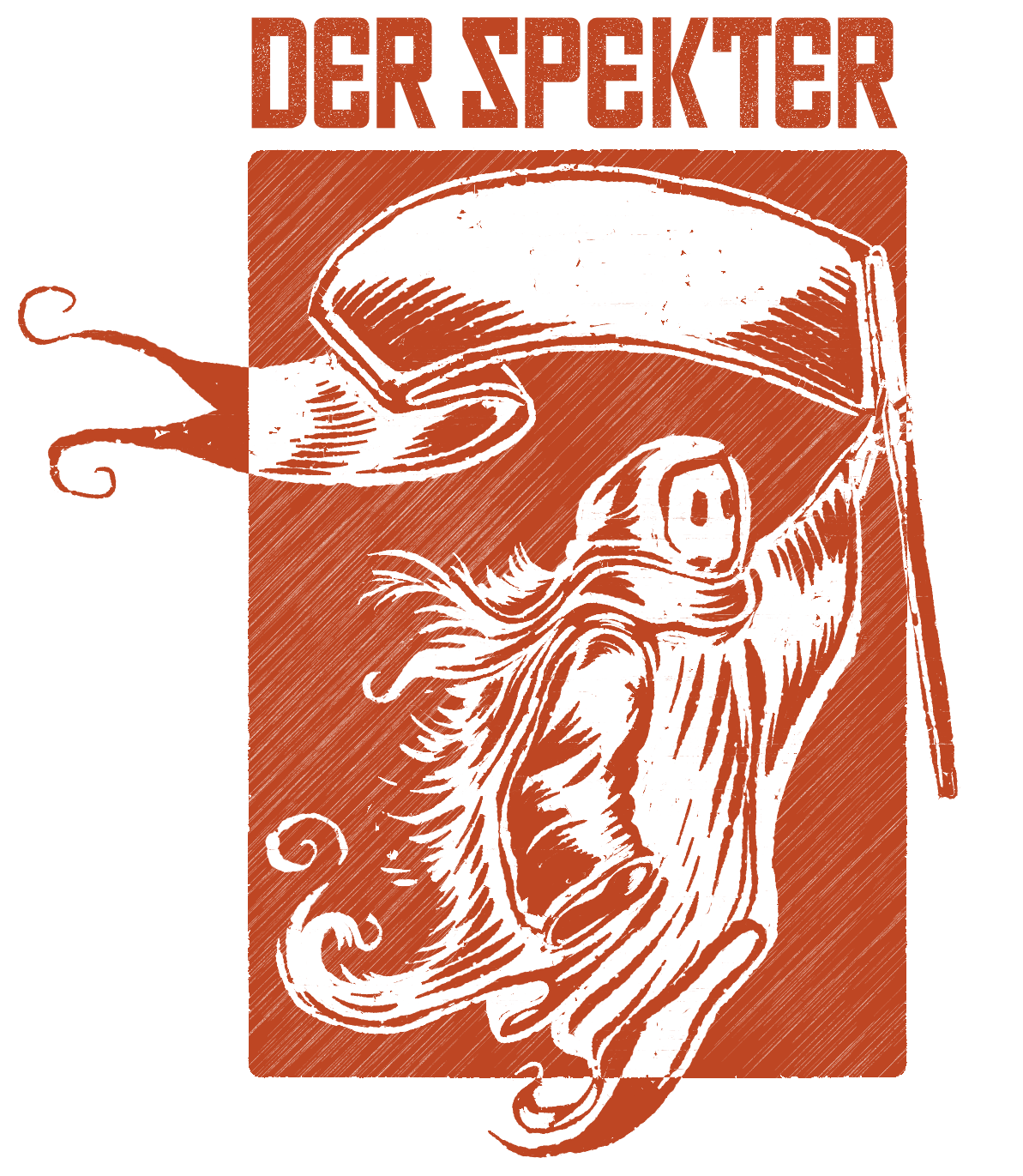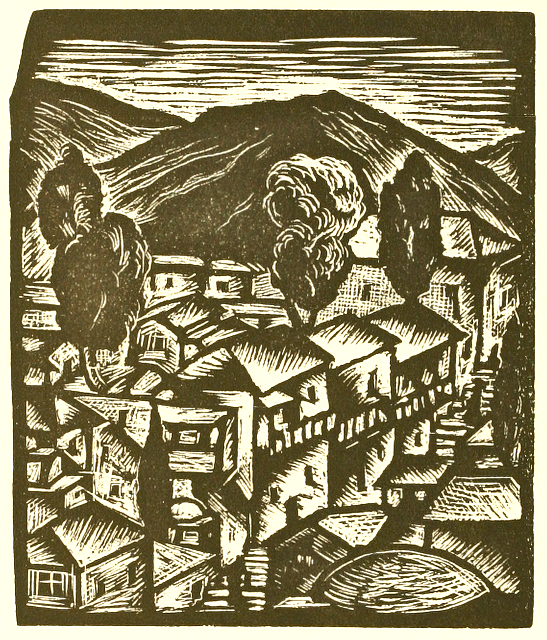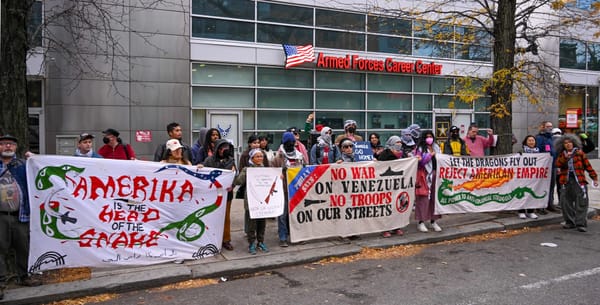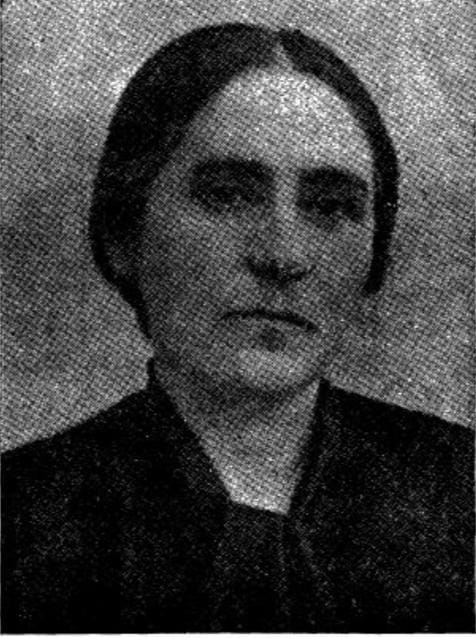Plowshares into Swords: Religion, War, and Jewish Secularism
The Jewish Labor Bund, overwhelmingly secular and irreligious, and whose memory we are attempting to keep alive, spoke of a besserer, shenerer velt: a world free of conflict, which could only be brought about through socialist revolution.

“Their arrows are sharp, all their bows are strung;
their horses’ hoofs seem like flint,
their chariot wheels are like a whirlwind.” –
Isaiah 5:28
On March 20, 2003, the day after the invasion of Iraq, the secretary of defense, Donald Rumsfeld, presented George W. Bush with a top secret briefing. The cover page quoted the book of Isaiah. Every few days Rumsfeld would provide Bush with another briefing on updates in the war emblazoned with yet another Bible quote on the front page; the quotes helped shore up what historians sometimes call the “cultures of war” by imbuing the United States with a purpose in defeating our evil enemies who hate us for our freedom.
During Israel’s war for independence in 1948, a similar approach was taken with propaganda drawn from the Torah. Education officers in the military wanted to make sure Jewish soldiers understood that their obligations during peacetime were wholly different than during war, when killing became a necessity. Pamphlets circulated among some of the troops spread rumors that the Arabs, identified as descendants of Ishmael, had abused the fallen bodies of Jewish soldiers; other material contained biblical exegesis to spur the men on:
In peacetime we say, “Whoever sheds the blood of man, by man shall his blood be shed” [Genesis 9:6]. And in a time of war “the more [killing] the merrier [Hebrew: kol hamarbeh harei zeh meshubaḥ].” And it is said, “Thine eye shall not pity him” [Deuteronomy 19:13].
In 1967, the image of Israeli tanks storming across the Sinai desert during the Six Day War became inspiration for the “mitzvah tanks” that Rebbe Schneersohn of Chabad would deploy on the streets of New York and Los Angeles to proselytize to young Jews across America, waging a spiritual war against secularism and the lack of mitzves undertaken by non-Orthodox Jews. This was an example of the culture of war moving in the opposite direction, with war serving as an influence on religious practice.
While it’s true that early Zionists and many of Israel’s founders were secular, and the U.S. was also created with a supposed separation of church and state, liberal, capitalist democracies in the West are still deeply influenced by religion. Our supposed superiority to groups like Al Qaeda or Hamas works as ideological camouflage, masking the West’s own holy crusades.
Amidst Israel’s war against Gaza and a genocide being committed in the name of Jewish safety — or in the name of Judaism itself — it is important to examine the role that religion has played in nationalistic military endeavors. These are, after all, several intertwined things that the left has been critical of since its inception. The Jewish Labor Bund, overwhelmingly secular and irreligious, and whose memory we are attempting to keep alive, spoke of a besserer, shenerer velt: a world free of conflict, which could only be brought about through socialist revolution. But if we are ceding ground to the right, especially in the cultural or religious sphere, as Zohare Jacobi claims, then it is also because we have ceded political ground to the right, and, as a corollary, the memory of the Bund grows faint.
But just as Zionists use religion to further their political aims of Palestinian dispossession, Jews on the left use religion to bolster our faith in the coming of a better world, so to speak. It would be difficult for me to tally the number of Shabbat potlucks I’ve attended as a wandering member of IfNotNow, Jewish Voice for Peace, and Jews for Racial and Economic Justice (to which I would occasionally bring treyf in order to represent my secular identity). Jewish activists often create an internal culture around religion and ritual, as well as externally using explicitly religious imagery in their protests. In 2011, a Kol Nidre service was held outside as part of Occupy Wall Street, drawing thousands of attendees. As an atheist, it was still quite moving and meaningful.
Despite the attachment to ritual, Jewish leftists struggle to fit in politically with our former communities. The organizations above, Jacobi writes, are “invaluable, [but] are not replacements for your local shul.” But if your local shul is the Stephen Wise Free Synagogue, whose rabbi, Ammiel Hirsch, whined in October 2024 that “we did not intend that our emphasis on tikkun olam…would lead some Jews to join anti-Israel demonstrations,” why would we want to replicate that? If religion is so often used as a pretense for supporting war, and our own rabbis want to excommunicate us for embracing anti-Zionism (read: not supporting war crimes), is it not time we start struggling more openly with religion?
If it is “our duty and responsibility,” as Jacobi writes, to “follow in the footsteps of our ancestors who carried Judaism as more than just an identity,” then it is equally our duty to get to the root of these social/political issues and ask why, amidst an ongoing genocide, religion itself is so easily tied to nationalism and the state. With the failure of liberal secularism -- which too often allows religious fanaticism to run amok -- a return to radical secularism is in order. This is our tradition as Bundists.
Rabbi Hirsch continued his screed: “The supreme leader of Iran sent messages of support and thanks to student protesters. That tells you everything you need to know. While America often falls short of its ideals, still, our values are far better than our enemies’, and we are blessed to live in this country.” These sentiments are a rehashing of the 2003 Iraq War: support your country, for better or worse, because we are “civilized” and our enemy is barbaric. Rabbi Hirsch turns a blind eye to IDF soldiers who parade Torah scrolls through the ruins of Gaza; his ire is reserved for fellow Jews whose “Jewish spirit” has supposedly “dribbled away.”
Whether or not the left should embrace religion seems beside the point to me. Leftists will organize in whatever area is needed, in whatever communities we live, and sociopaths like Rabbi Hirsch will mock us no matter how many rituals we practice. Hirsch even tacitly admits that leftist Jews embracing religion has led them to a critique of nationalism; his whole conception of bourgeois religion collapses under its own contradictions. Therefore we should not lose sight of what makes us radicals: ruthless criticism of all that exists.




